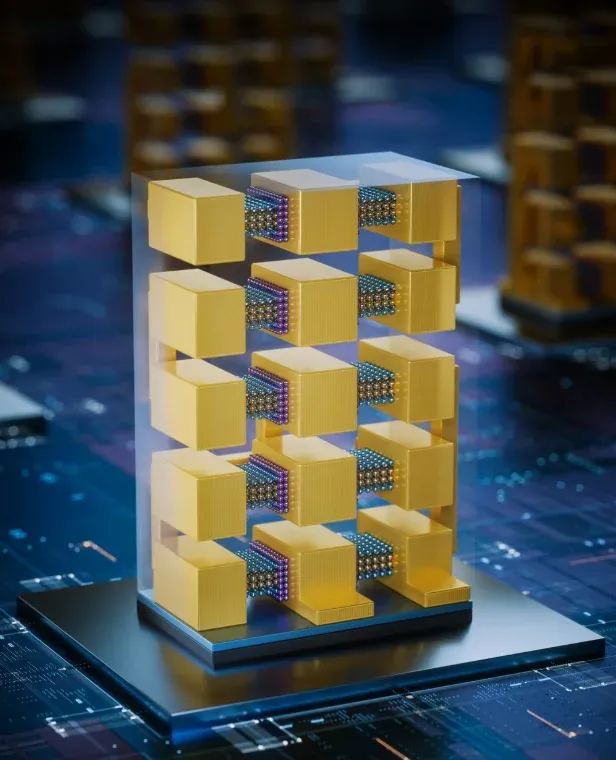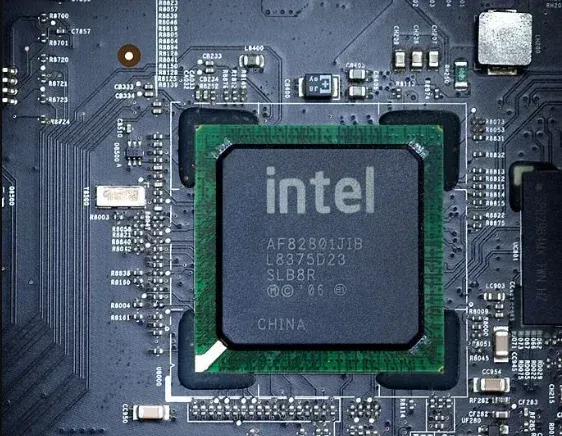A new material might just be the future of chips—and it’s not silicon.
Researchers from Peking University have introduced a breakthrough in microprocessor design:
a silicon-free transistor built from bismuth oxyselenide, a two-dimensional material that could radically outperform today’s best silicon chips.
New Transistor

According to a recent paper published in Nature Materials, this new transistor can boost performance by up to 40% while using 10% less energy.
That’s faster and more efficient than even Intel’s top-tier silicon-based chips.
The key lies in its unique structure—unlike traditional designs that only cover three sides of the source, this transistor’s gate completely wraps around all sides, improving control of electrical currents and reducing energy loss.
Bismuth oxyselenide also has a major advantage: it’s thinner, more flexible, and allows electrons to move faster than silicon.
Lead researcher Hailin Peng described the development as more than an improvement—it's a full shift in direction:
“If chip innovations based on existing materials are considered a shortcut, then our development of 2D material-based transistors is akin to changing lanes.”
Next-Gen Chips

While the innovation is promising, it’s still in the lab. Researchers need to determine whether the technology can scale for mass production, a major hurdle for any material trying to replace silicon.
But if it succeeds, the impact on the global microprocessor industry will be seismic—from consumer devices to AI and high-performance computing.
As chipmakers continue to chase higher speed and energy efficiency, this could be the beginning of a new era—one where silicon is no longer king.







